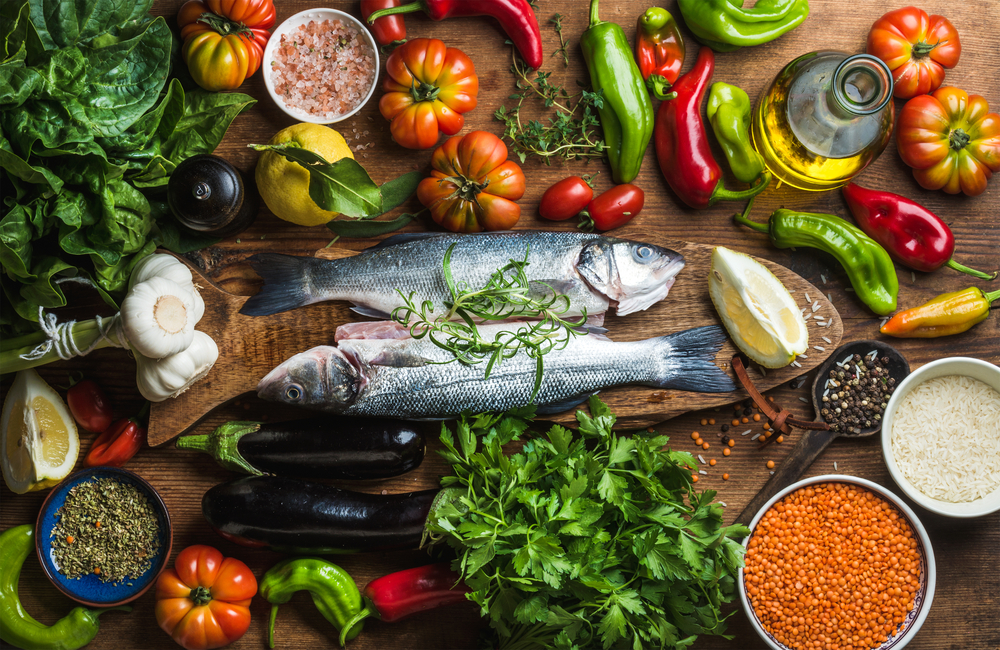Cold Agglutinin Disease and Anti-inflammatory Diet

Cold agglutinin disease (CAD) is a rare autoimmune disease in which the immune system mistakenly attacks red blood cells at cold temperatures, causing them to aggregate.
Most patients with CAD learn to avoid cold foods or beverages long before they receive a diagnosis, as it can be painful to drink cold beverages or eat foods that are cooler than body temperature.
However, in addition to avoiding cold food and drinks, some patients may also benefit from an anti-inflammatory diet.
What is an anti-inflammatory diet?
An anti-inflammatory diet is a plan for healthy eating that does not contain foods that are high in saturated fats and refined carbohydrates — found in white bread, for example — sugary desserts, soda, and red meat.
Foods that are part of an anti-inflammatory diet include tomatoes, olive oil, green leafy vegetables, nuts such as almonds and walnuts, fatty fish — including salmon, tuna, and sardines — and fruits like strawberries, blueberries, cherries, and oranges.
How can an anti-inflammatory diet help patients with CAD?
It’s unclear what causes the immune system to produce autoantibodies against the red blood cells in CAD. One potential factor that has been implicated in other autoimmune diseases is a diet high in saturated fats, refined sugar, and red meat.
It has, therefore, been proposed that an anti-inflammatory diet may be able to help slow disease progression in autoimmune disorders. Clinical trials are underway to test this hypothesis in patients with different types of multiple sclerosis, another autoimmune disease.
However, although several studies have been conducted, it is difficult for many reasons to draw broad conclusions as to the benefits of diet. For example, many studies have not included good controls and have relied on patient-reported information.
How should I start an anti-inflammatory diet?
Before making any big changes, it’s always a good idea to talk to your physician and a registered dietitian. They can help you figure out foods to include and avoid while making sure you are getting the nutrition and vitamins you need.
Last updated: Oct. 22, 2019
***
Cold Agglutinin Disease News is strictly a news and information website about the disease. It does not provide medical advice, diagnosis, or treatment. This content is not intended to be a substitute for professional medical advice, diagnosis, or treatment. Always seek the advice of your physician or other qualified health provider with any questions you may have regarding a medical condition. Never disregard professional medical advice or delay in seeking it because of something you have read on this website.





